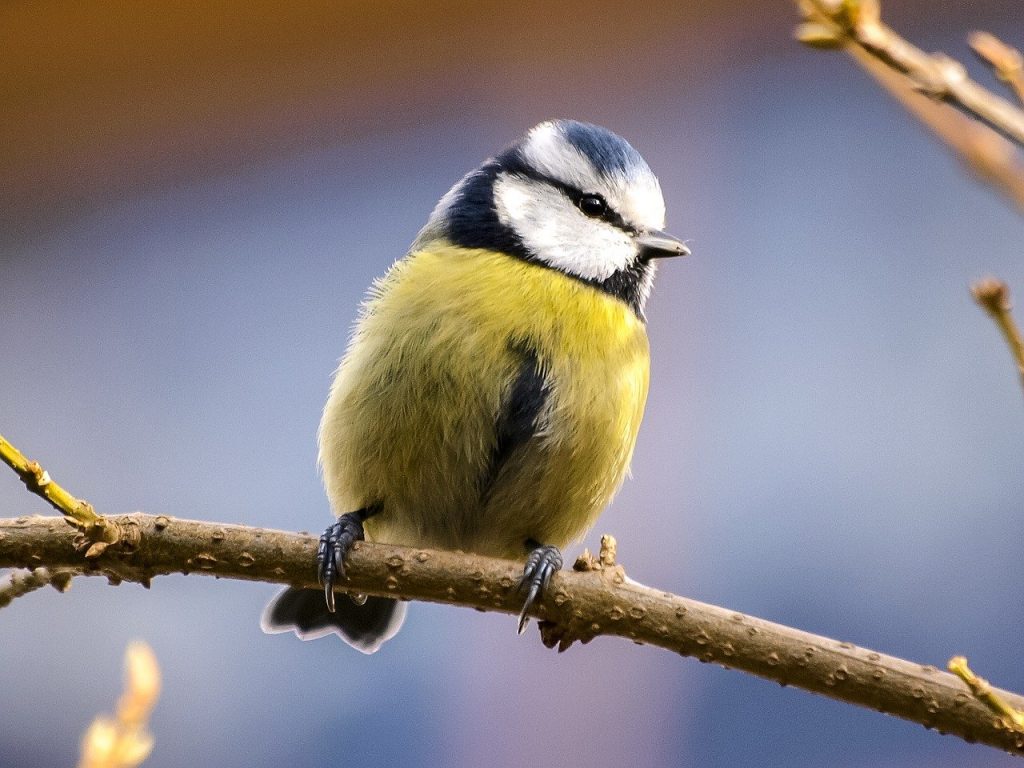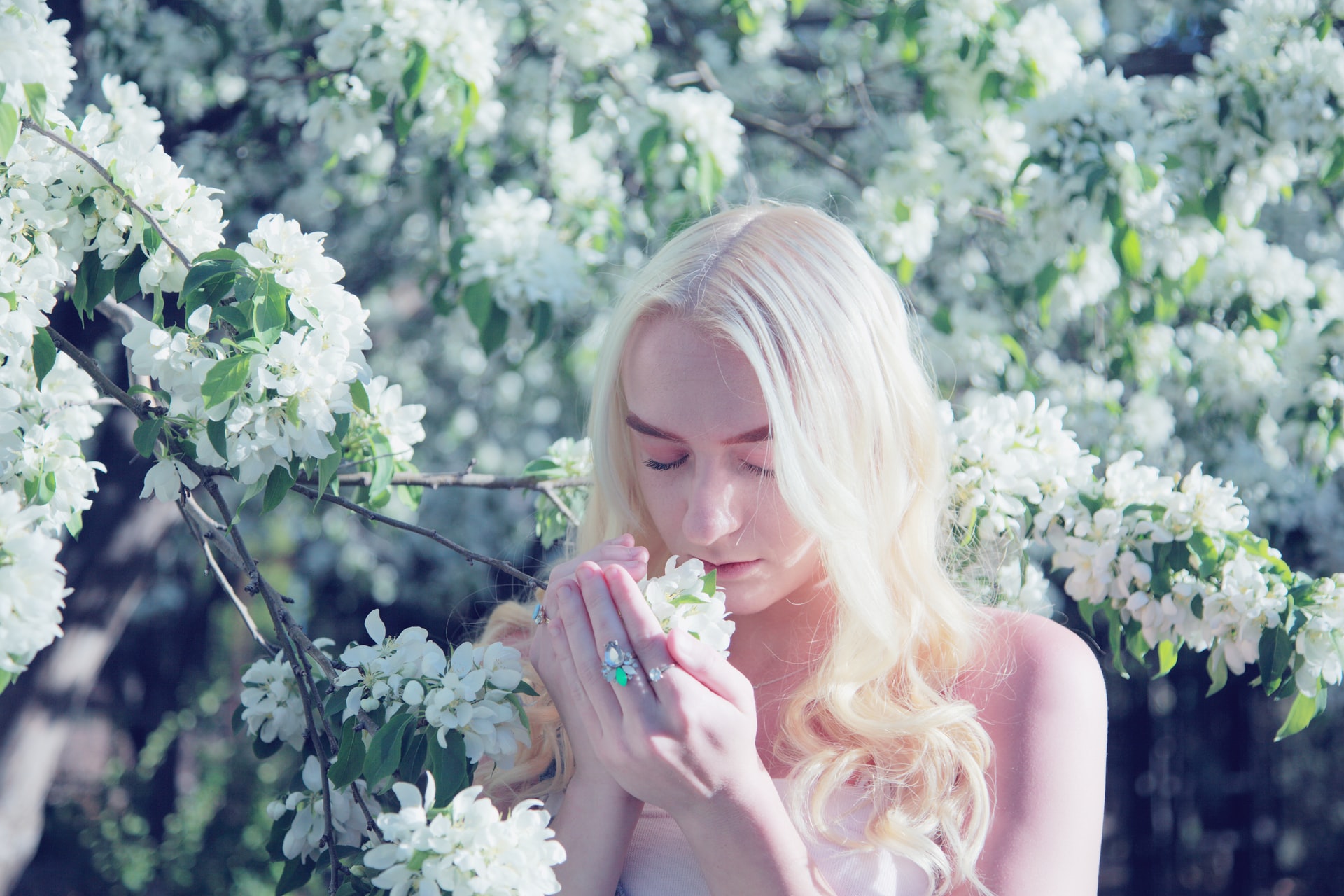Being outside in nature is an opportunity to use all of our senses and feel more connected and present. Nature can calm us, energise us, reduce stress, regulate hormones, improve sleep and more. Try these ideas for tuning in all of your senses:
Sight: We can experience great awe at some natural sights – mountains, the sky at night, oceans and sweeping landscapes. But our more immediate sights can be just as “awesome”. What colours can you see? How many shades of green? Where do principles of geometry show up (eg shape, symmetry, Fibonacci spirals etc)? How tiny is the tiniest thing you spot? What is the balance between beauty and function? The more you look, the more you will see. Join our nature drawing workshop on Thursday at 11am to look even closer, or join in our Photo Nature Hunt.

Sound: In this great blog the Library team explores the academic evidence for why listening to birdsong is good for our mental health. Its such a wonderful sound!
Smell: While our sense of smell may not be as developed as many animals, there is no doubt we can experience nature through our noses. Cut grass, flowers and that post-rain-shower smell are favourites; this blog explores the good, bad and ugly of natural smells.

Touch: Gardeners know that the touch of the earth does wonders, cool soil through your fingers is an almost primal feeling. Kids love nothing better than being buried in sand at the beach, or sinking their wellies into muddy puddles along with Peppa Pig. Next time you are out, why not discover the textures around you: rigid and rough, smooth and soft, damp or dry. How much can you tell about an object simply through a first touch – is it alive, is it heavy, is it dangerous?
Taste: Here of course we must be careful, eating the wrong thing out in the wild can have serious consequences, so it is time to defer to the experts: Foraging: A beginner’s guide – BBC Good Food. The Johnson Wellbeing Garden on the Canterbury campus includes a bed designed for foraging – mint, nettles and elderflower for your tea; drop in anytime or join the gardening sessions on Thursday mornings. Our campus hops too are destined to become something tasty.
If you have enjoyed these reflections then the self-guided activities in this article based on each sense might be of interest too.
 People, Culture and Inclusion
People, Culture and Inclusion Juliet Flynn
Juliet Flynn 225
225


